US fears China may impose no-fly zone over Chinese Taipei to upend Pelosi’s visit
Joe Biden administration officials have reportedly expressed concerns that China may try to impose a no-fly zone over Chinese Taipei (Taiwan) ahead of a planned visit by a top US legislator in efforts to upend the trip amid fears of further escalating tensions in the region.
Beijing could also react to the provocative visit by US House Speaker Nancy Pelosi next month by flying its war planes further into Taiwan's self-declared air defense zone, triggering a potential response from the self-ruled island territory claimed by China, the officials added as cited in a CNN report on Friday, without elaborating on what the response would entail.
Pelosi has been planning a visit to Chinese Taipei in the coming weeks, the report added, citing “three sources familiar with the planning process.”
While other US lawmakers and former officials have visited Taiwan in recent months, Pelosi would be the highest-ranking American legislator to visit US-sponsored island territory in 25 years. In 1997, hawkish Republican House speaker Newt Gingrich visited Taiwan.
According to the report, US President Joe Biden reflected concerns from the nation’s military about Pelosi's planned visit on Wednesday, saying: "I think that the military thinks it's not a good idea right now, but I don't know what the status is."
Reacting to Biden’s alarming remarks, Pelosi then stated on Thursday that while it's important to show support for Taiwan, she would not discuss her travel plans due to “a security issue,” CNN added. Pelosi further noted that she heard "anecdotally" about Biden's comments regarding her upcoming visit, but had not heard anything directly from the US President.
"I think what the President was saying is that maybe the military was afraid of my plane of getting shot down or something like that. I don't know exactly," Pelosi emphasized as quoted in the report.
Meanwhile, US Joint Chiefs of Staff spokesman Col. Dave Butler underlined the military "in general" briefs decision makers on military assessments, saying, "We talk about what adversaries may do, discuss logistics and military plans and readiness."
Butler, however, declined to say whether or not Chairman of the Joint Chiefs of Staff Gen. Mark Milley spoke with Pelosi about a proposed trip to Taiwan.
Chinese Foreign Ministry spokesman Wang Wenbin further insisted on Thursday that Beijing will take decisive measures if Pelosi follows through on her planned visit to Taiwan.
Voicing opposition to the possible Pelosi visit earlier in the week, another Chinese foreign ministry spokesperson Zhao Lijian reiterated on Tuesday that it "would seriously violate the one China principle and the stipulations in the three China-US joint communiqués and harm China's sovereignty and territorial integrity."
US State Department officials have also expressed concerns about Pelosi’s trip to Taiwan, the CNN report added, citing two sources, further pointing out that State Department spokesperson Ned Price deflected questions about the trip on Thursday, calling it a "hypothetical" at this time.
"I am not going to be offering any advice from this podium," Price said when asked about the Department’s position on the visit.
Price also claimed that the Biden administration is still adhering to its one-China policy, noting that the US does not have diplomatic relations with Taiwan but has a "robust unofficial" relationship with the island.
According to the report, the State Department has called on Beijing to cease its “intimidation of Taiwan.”
China has deployed its warplanes into Taiwan's self-declared air defense zone identification zone many times in recent months, a move that does not violate any international law but which usually results in Taiwan taking precautionary measures, including sometimes scrambling its fighter jets.
Chinese planes have not entered the island's territorial airspace -- the area extending 12 nautical miles from its coastline.
Tensions between Washington and Beijing over the issue of Taiwan have intensified in recent months. China has long claimed the self-ruled island as part of its territory and has repeatedly vowed to "reunify" with the land of 24 million people -- by force if necessary.
The US has committed to supplying Taiwan with all sorts of armaments, though recent weapons sales to Taipei have been slow to arrive, raising concerns among those US lawmakers particularly hostile against China’s growing influence in the region.
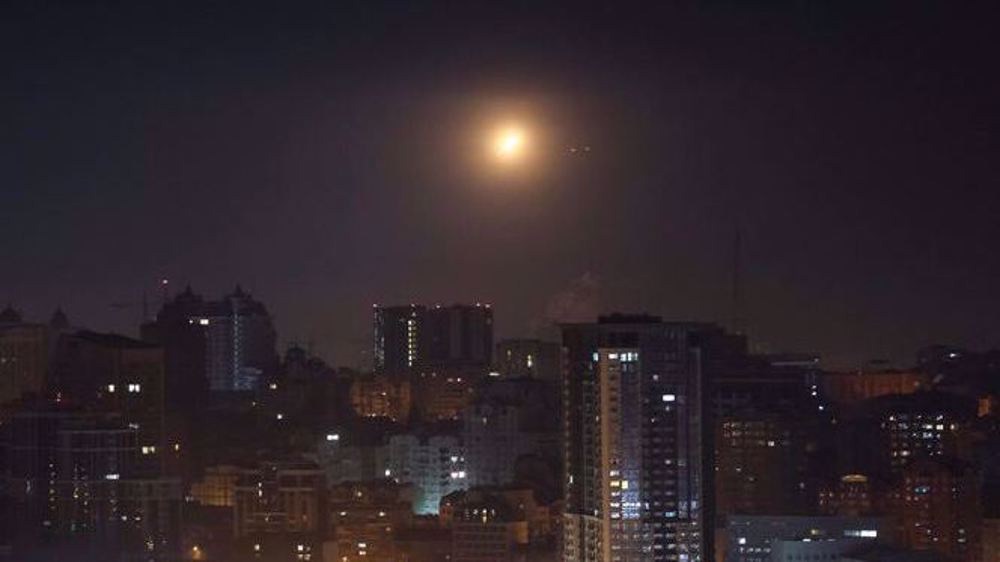
Russia launches ‘record’ strikes on Ukraine: Kiev
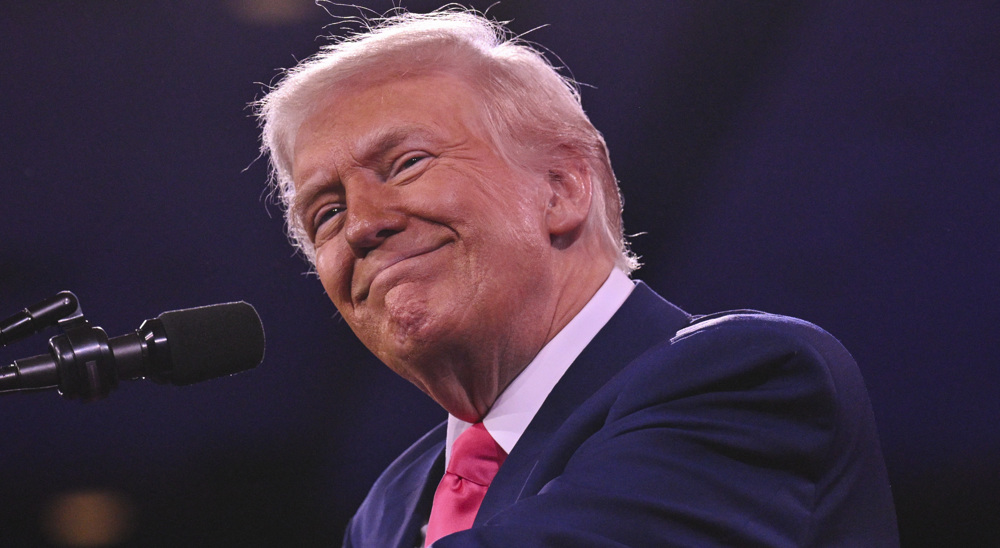
Trump wants return on Ukraine aid: ‘We’re getting our money back’
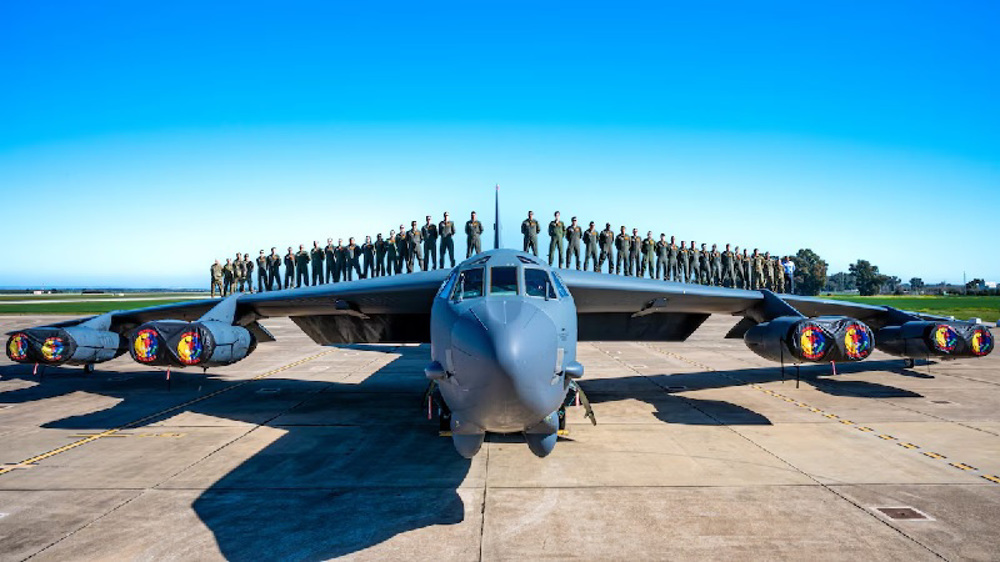
US B-52 bombers in West Asia do not scare Iran
Australian senator smeared by anti-Iran groups for saying Iranian women 'have a voice'
Hezbollah's display of power proved resistance cannot be eliminated: Iran parl. speaker
Israel escalates West Bank raids as official says regime seeking to complete Gaza genocide
Palestinian man dies in Israeli prison as Foreign Ministry urges intl. probe into regime’s crimes
Putin says not opposed to Europeans’ involvement in Ukraine talks
VIDEO | Iranian Kurdish protesters demand European action against PKK, PJAK terror
VIDEO | Israel expands offensive in northern West Bank, deploys tanks to Jenin
VIDEO | Spaniards fill streets of Cádiz in solidarity with Palestine


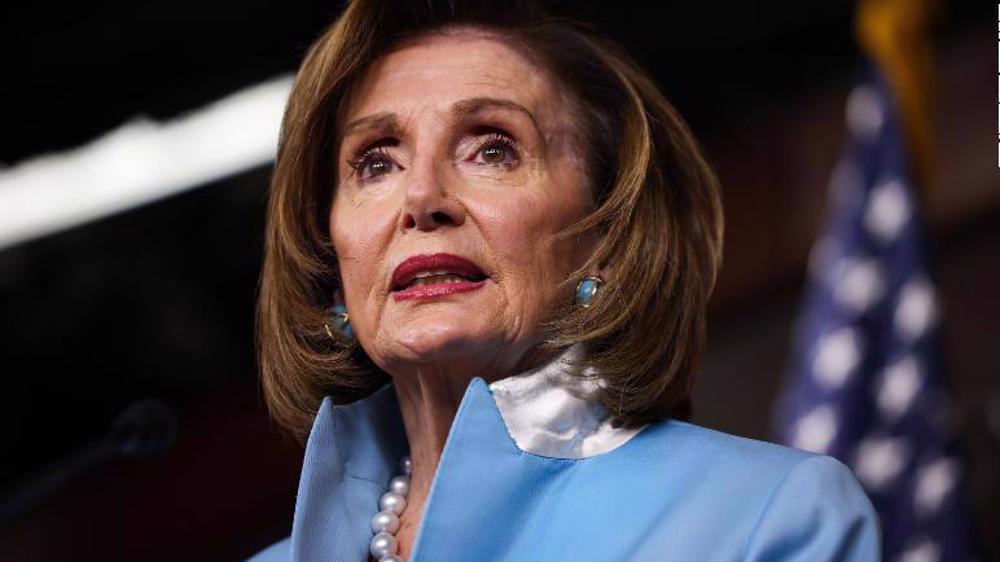
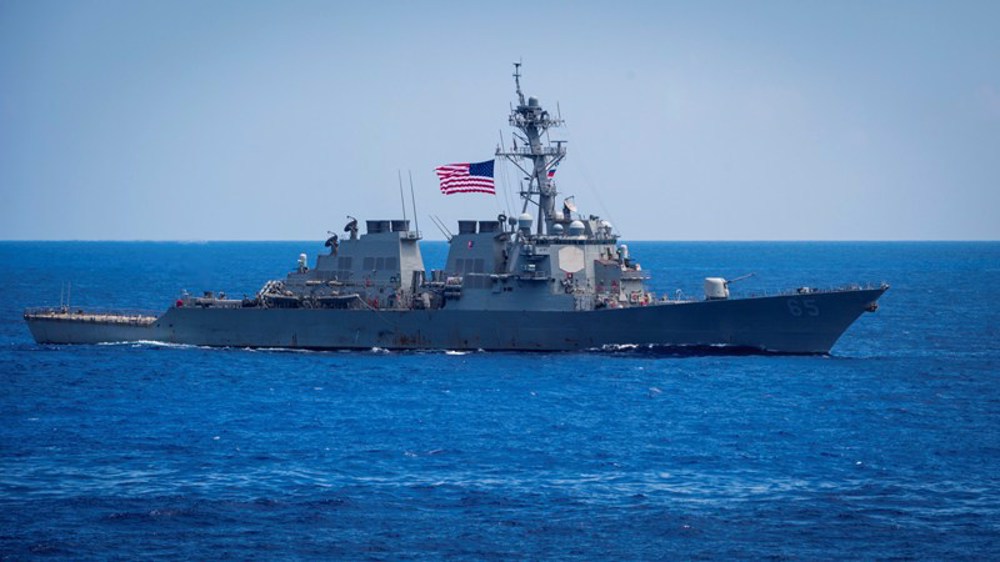
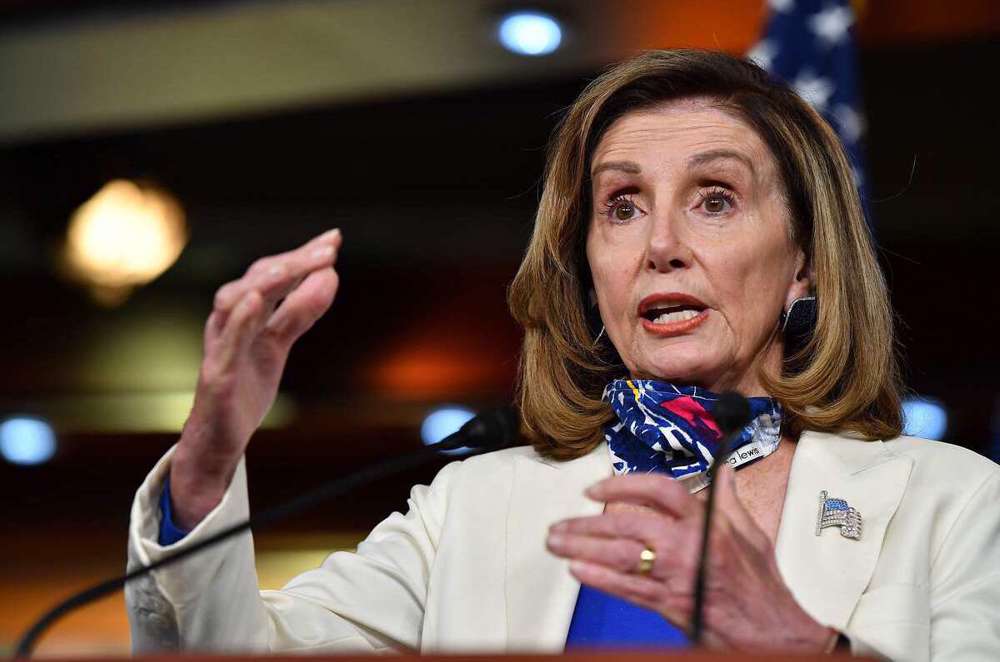



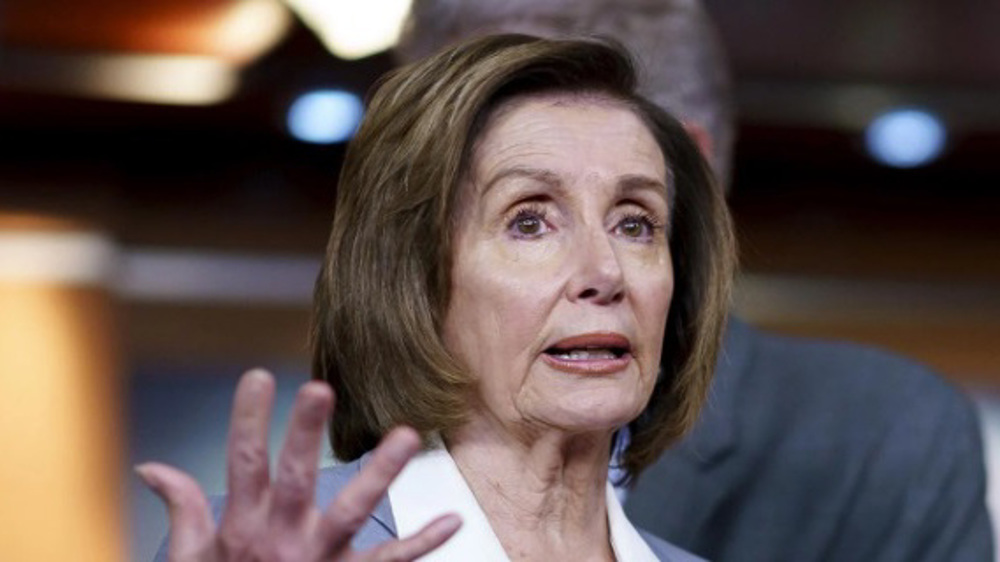
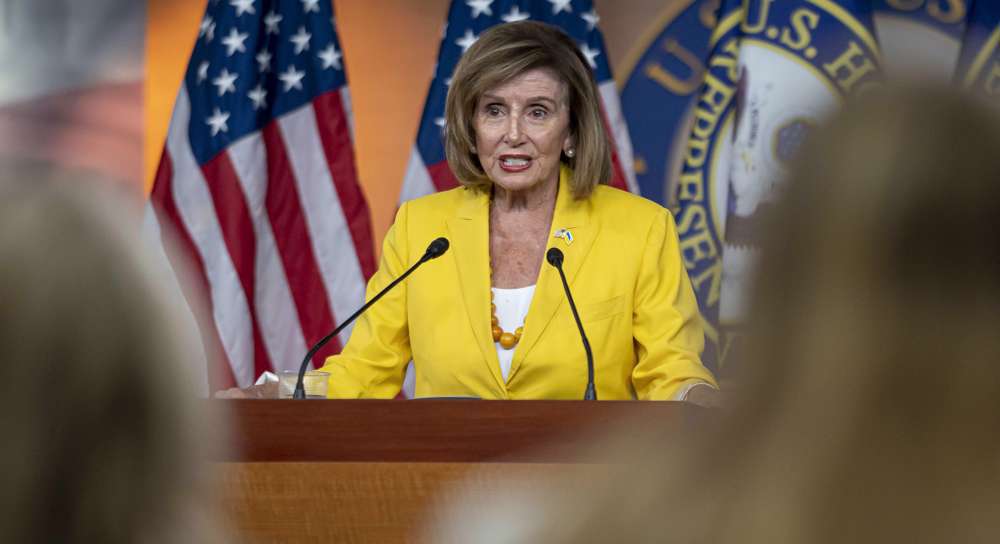
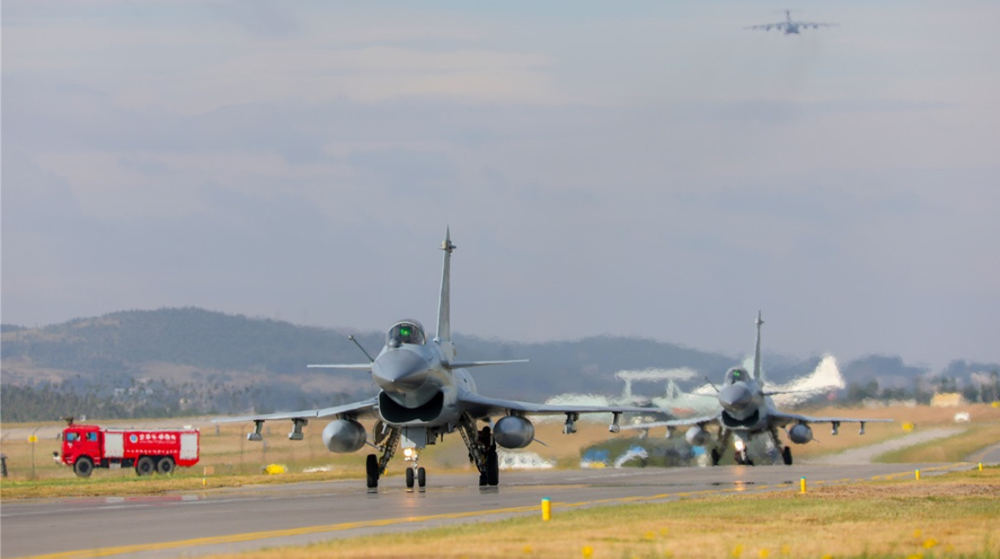

 This makes it easy to access the Press TV website
This makes it easy to access the Press TV website